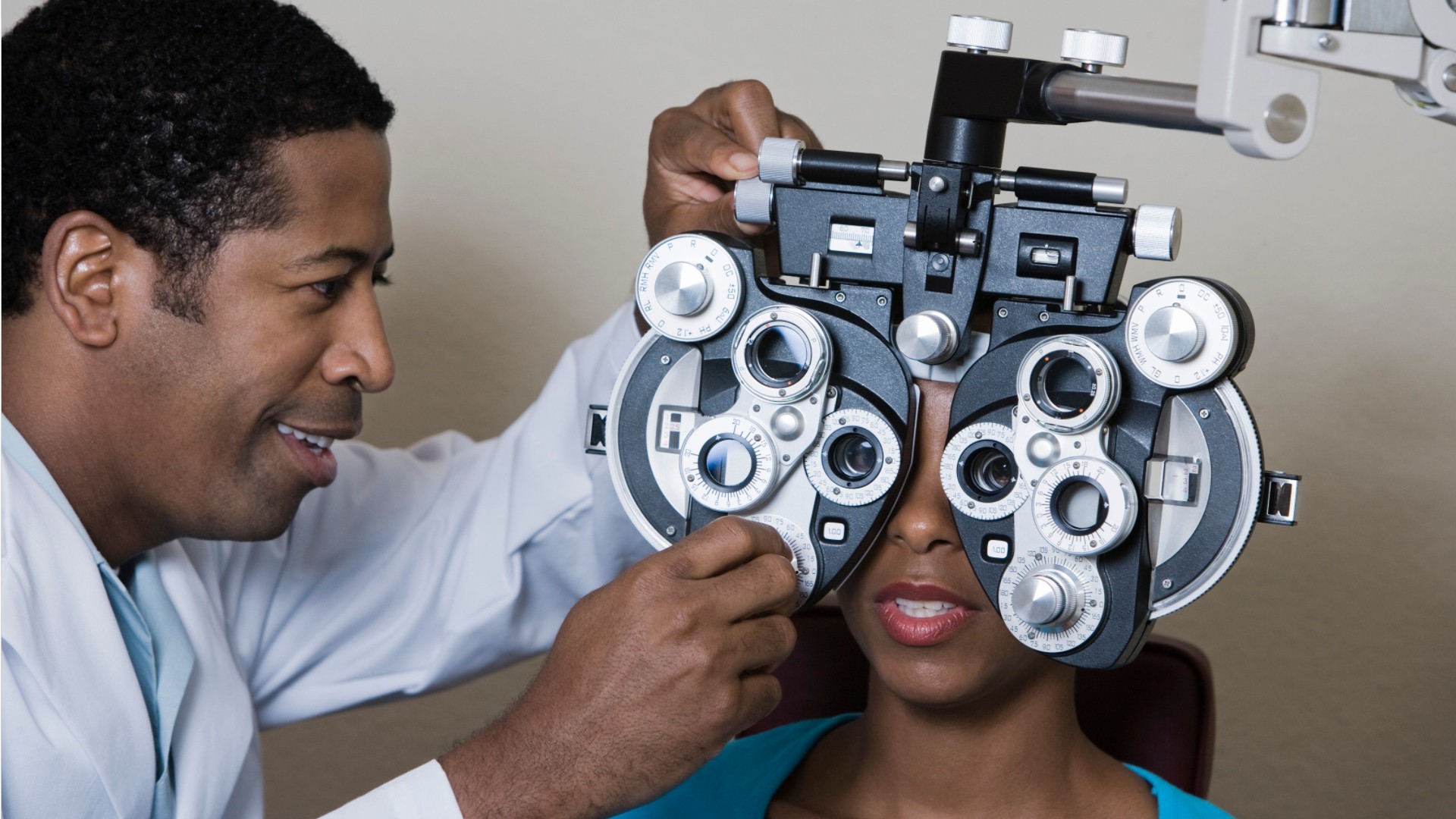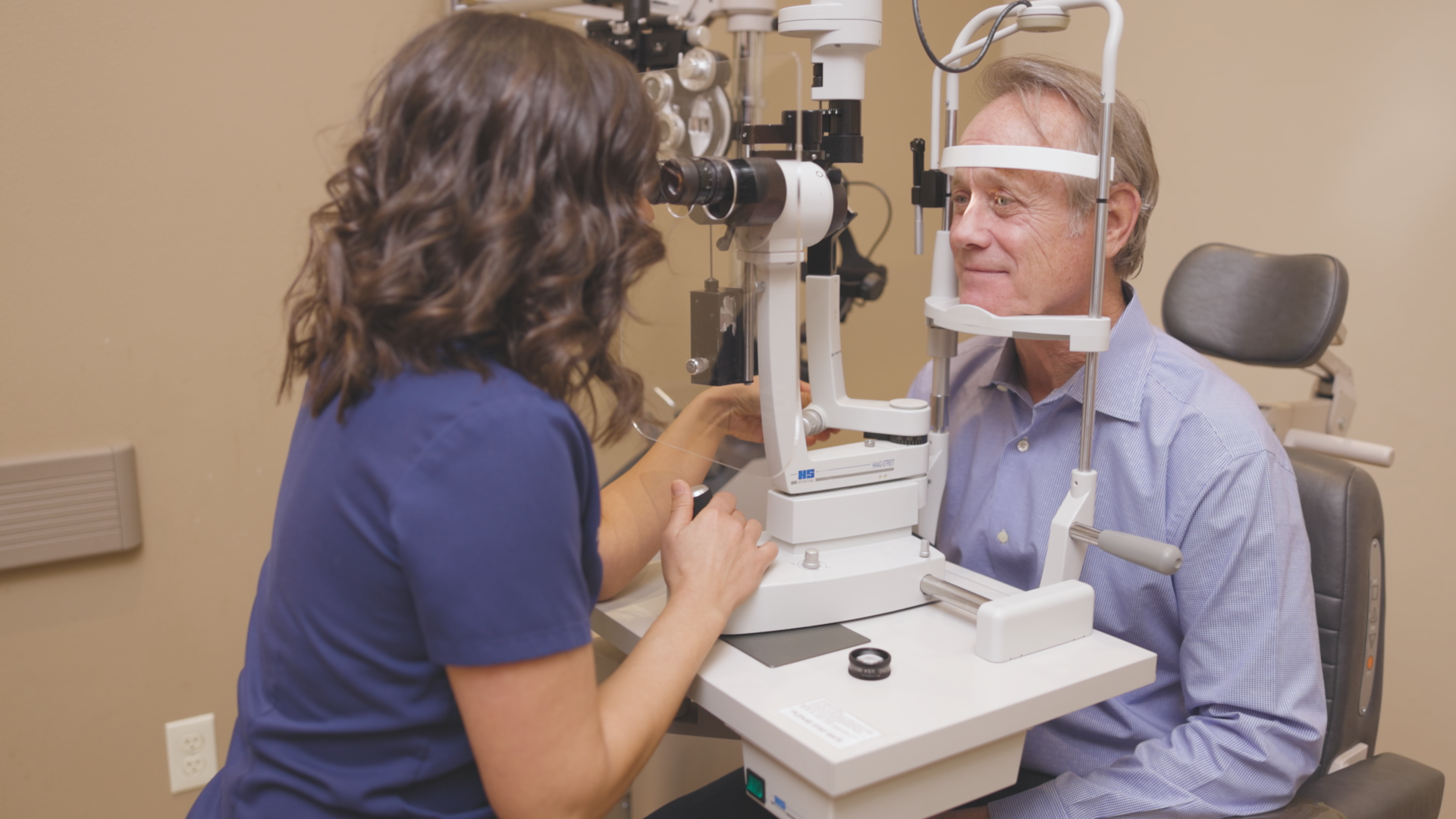Check Out the Best Optometrist Chino for Comprehensive Eye Care
Check Out the Best Optometrist Chino for Comprehensive Eye Care
Blog Article
Comprehending the Comprehensive Duty of an Eye Doctor in Modern Eye Treatment
In the evolving landscape of healthcare, the scope of an eye doctor's duty has actually significantly broadened, expanding well past the boundaries of typical vision improvement. With advancements in technology and an increasing emphasis on preventive treatment, eye doctors are indispensable in detecting and taking care of persistent eye conditions, while also participating in early condition discovery. Their proficiency in advanced analysis strategies such as optical comprehensibility tomography is vital. However exactly how do these responsibilities converge with their duty in promoting overall eye health, and what does this mean for patient end results in a collective health care environment?
Expanded Range of Technique
Recently, the duty of optometrists has advanced considerably, with lots of professionals now welcoming an expanded scope of technique that expands beyond conventional eye exams. This evolution shows the expanding acknowledgment of optometrists as primary health care service providers in the area of eye care. Their responsibilities now include a large range of solutions, consisting of prescribing medications for ocular conditions, handling chronic eye illness, and doing small medical treatments. This change has actually been driven by innovations in optometric education and learning, boosted professional training, and the increasing need for comprehensive eye care solutions, specifically in underserved locations.
Even more, optometrists are currently a lot more associated with collaborative treatment, functioning closely with eye doctors, medical care physicians, and various other health care professionals to make certain alternative patient treatment. This interprofessional partnership is essential in taking care of complicated cases that call for a multidisciplinary method. Additionally, eye doctors are playing a pivotal duty in public health and wellness initiatives, such as vision screenings and eye health education and learning, aimed at enhancing community health and wellness outcomes.
The increased range of practice for optometrists not just enhances their capacity to give extensive treatment but likewise addresses the expanding need for easily accessible and efficient eye care solutions, adding to overall health care improvements.
Early Condition Discovery
Early detection of eye conditions is increasingly ending up being a prime focus in the expanded role of eye doctors. As key eye treatment suppliers, eye doctors are uniquely positioned to determine very early indicators of ocular conditions such as glaucoma, macular degeneration, diabetic retinopathy, and cataracts. This crucial duty is essential, as very early medical diagnosis can dramatically enhance the management and prognosis of these conditions, possibly protecting against vision loss and boosting patient outcomes.
Optometrists employ comprehensive eye exams to identify refined modifications in vision and eye health and wellness. The ability to acknowledge early indicators of systemic health issues, such as high blood pressure and diabetes mellitus, via eye indicators further emphasizes the value of regular eye exams.
Additionally, optometrists play an essential function in patient education and learning, highlighting the importance of regular eye examinations as component of overall wellness maintenance. By cultivating a positive approach to eye treatment, optometrists contribute considerably to public wellness, making certain diseases are captured and managed successfully before they can advance.
Advanced Diagnostic Strategies
Advanced analysis techniques have transformed the method of optometry, making it possible for practitioners to discover and keep an eye on eye conditions with extraordinary precision. Technologies such as optical comprehensibility tomography (OCT) provide high-resolution, cross-sectional images of the retina, helping with early detection of conditions like glaucoma and macular degeneration.
One more vital improvement is electronic retinal imaging, which catches detailed sights of the retina utilizing high-definition video cameras. This innovation is important in determining modifications in retinal structure in time, thus aiding in the management of problems like diabetic person retinopathy. Aesthetic field testing, enhanced by computer-aided systems, allows for specific mapping of a person's field of view, important in tracking and diagnosing glaucoma development.
Corneal topography, one more noteworthy diagnostic device, creates in-depth maps of the cornea's surface. This is particularly valuable in suitable get in touch with lenses and planning refractive surgical procedure. These innovative diagnostic techniques jointly allow optometrists to supply positive, targeted treatment, making sure much better patient end results and strengthening their essential role in eye wellness administration.
Managing Persistent Eye Conditions
Taking care of chronic eye problems is a foundation of optometric treatment that needs a comprehensive understanding of different ocular conditions and their long-lasting effects. Optometrists play a crucial function in tracking, handling, and diagnosing conditions such as glaucoma, diabetic retinopathy, and age-related macular degeneration. These problems, if left unattended, can bring about substantial visual problems or loss of sight, highlighting the important relevance of continuous treatment and monitoring.
Eye doctors use a series of diagnostic tools, consisting of optical coherence tomography websites (OCT), aesthetic field screening, and fundus photography, to assess the progression of these chronic conditions. By carefully keeping track of adjustments in ocular wellness, optometrists can adjust therapy plans to alleviate condition development. This may involve recommending drugs, suggesting way of life alterations, or collaborating with ophthalmologists for surgical interventions when required.

Function in Preventive Care
Preventative treatment is an essential aspect of optometry that concentrates on preserving eye health and wellness and avoiding the start of eye illness. Optometrists play a critical duty in early detection and avoidance, using normal eye exams to identify danger variables and refined modifications in ocular wellness. Eye Doctor Optometrist. These assessments are not merely concerning vision modification but incorporate an extensive analysis of eye functions and frameworks, allowing the recognition of conditions such as glaucoma, cataracts, and macular deterioration at a beginning
In addition to diagnostics, eye doctors educate individuals on lifestyle selections that promote eye wellness, such as proper nourishment, UV protection, and the value of regular eye examinations. They advise on the right use electronic devices to avoid electronic eye stress, an expanding concern in the digital age. Eye doctors also provide advice on protective eyeglasses for leisure and job-related tasks, alleviating the threat of injury.
Preventative eye care reaches systemic health and wellness concerns that manifest in the eyes, such as diabetic issues and high blood pressure. By teaming up with other healthcare experts, eye doctors add to all natural patient care, emphasizing the interconnectedness of ocular and systemic health and wellness. This aggressive strategy is important in protecting visual skill and general health.
Verdict
Optometrists currently inhabit a crucial role in modern eye care, characterized by an expanded scope that includes diagnosing and managing chronic eye problems, suggesting drugs, and executing small procedures (Eye Doctor Optometrist). Their competence in very early illness detection is enhanced by advanced diagnostic strategies such as optical comprehensibility tomography and electronic retinal imaging. By highlighting page preventive care and person education and learning, eye doctors contribute considerably to overall eye health, teaming up with various other health care experts to ensure thorough and reliable person end results

In enhancement to diagnostics, eye doctors enlighten individuals on lifestyle choices that promote eye wellness, such as correct nourishment, UV defense, and the importance of routine eye check-ups.Preventive eye care extends to systemic wellness issues that show up in the eyes, such as diabetic issues and high blood pressure.Optometrists now inhabit a pivotal function in modern-day eye care, defined by an increased scope that includes identifying and taking care of chronic eye conditions, recommending drugs, and performing minor medical treatments.
Report this page